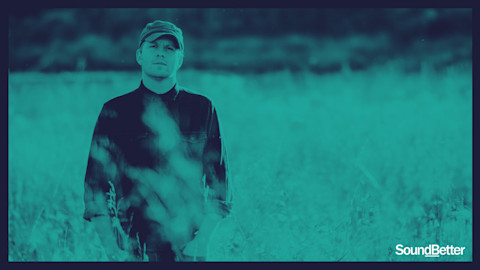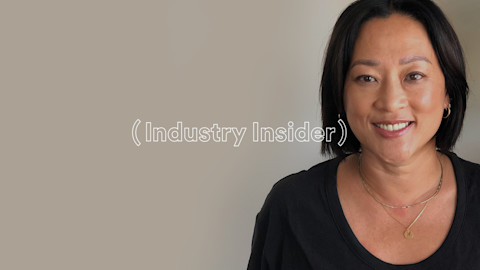Stories
Discwoman Founder Christine McCharen-Tran on Sharing Resources

Having established her own collective, McChan-Tran discusses the power in artists working together as a community.
For as long as there’s been a DJ booth, there’s been a boy’s club in electronic music. Christine McCharen-Tran, co-founder of the feminist collective Discwoman, is out to dismantle it through providing a powerful platform for the disenfranchised. We talked to her about the power of the collective, how to share resources with your fellow artists, and how she, along with her co-founders, created a grassroots movement.
Spotify for Artists: Discwoman has amalgamated such disparate parts of the music industry under one collective platform. Was that the goal from the start? Does collective action have a future in the industry?
Christine McCharen-Tran: Discwoman is a collective, booking agency, and platform that centres and supports femme and non-binary DJ and producers across electronic music. Frankie, Emma, and myself each came from different aspects of nightlife. Whether organizing, performing, or participating, we all engaged and needed nightlife for discourse beyond music—more so as a space to explore identity, politics, community, etc. We started Discwoman in September 2014 as a platform for visibility and representation. It was initially a one-off event, but it snowballed into: “How do we actually become stakeholders in this conversation in music?” The more we explored ways to disrupt cis-white male spaces, we discovered the need for infrastructure to get women paid which is why we formalized the booking agency and began representing and managing artists early 2015. We continually want the platform to center and amplify artists and their work.
How can artists leverage collective action to give their releases and performances more of an impact?
I like to see where artists come from and how they are influencing and contributing to their community. How does the work being released and/or performance resonate with their audience? Is it authentic? Is it intentional? Who is the work benefitting? What is at the center of the work? Who is it celebrating?
How can artists build support systems for each other professionally, financially, artistically, and otherwise? What does it take to create a grassroots community of artists?
Sharing resources and experiences with each other. Whether that’s a booking contact, an accountant that specifically works with creatives, a trademark lawyer, or a learning experience from working with a promoter. Knowledge sharing and building sustainable infrastructures for each other both economically and emotionally centering artists and the people building the business has been a focal point for us as Discwoman. Collectivism can’t be about the ego. I think it’s super important to constantly have open dialogue about identity language and values as well as individual needs and immediately address them.
How has Discwoman approached releases as individual artists and as a collective? Does anything change when toggling between the two?
Every artist has their own approach. It’s always organic to the artist and who their audience is and how they consume. Is it a limited vinyl or cassette release or super accessible and announced via social media?
What’s one piece of advice you’d give to artists that are just starting out? What about artists that are interested in forging a community of like-minded artists?
Experiment and find like-minded creators around you and on the internet.
—Spotify for Artists
Spotify for Artists helps you to develop the fanbase you need to reach your goals.
video
How Julia Wolf Made It



